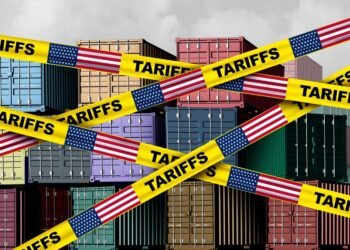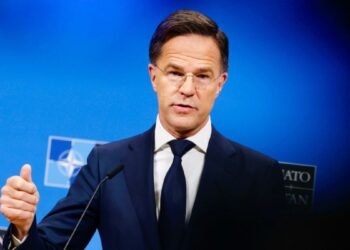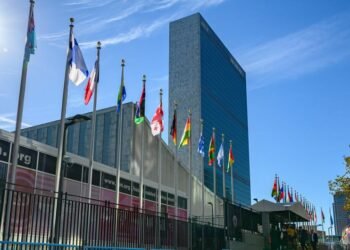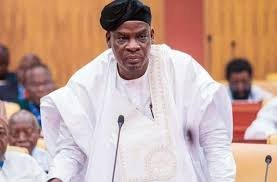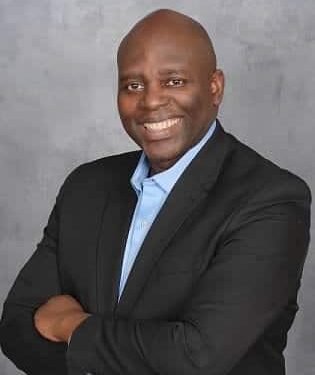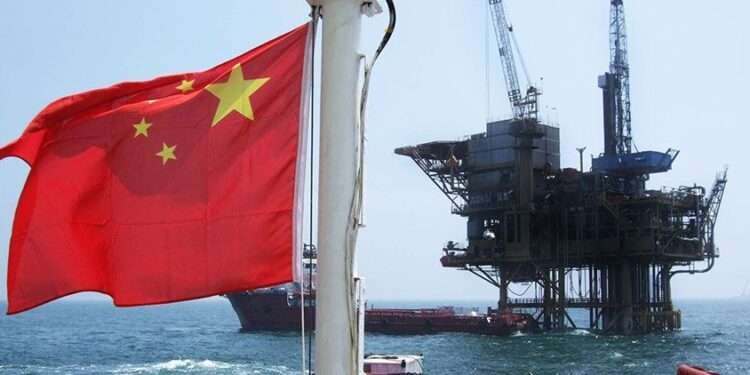Climate discussions at COP29 in Baku shifted on Wednesday, November 13 to address a crucial challenge: managing the growing demand for minerals vital to electric vehicles and solar panels, without sparking a “stampede of greed” that exploits vulnerable communities.
UN Secretary-General António Guterres set the stage at a high-profile roundtable, stressing the need to balance progress with justice.
“We are here to respond to a key challenge: turning the energy transition towards justice,” Guterres told attendees, highlighting the mission of his Panel on Critical Energy Transition Minerals, formed to bring together a coalition of governments, international bodies, industries, and civil society.
Lessons from Past Mistakes
This panel, launched during last year’s COP28 in the UAE, seeks to create voluntary principles guiding mineral extraction that emphasize sustainability and fairness. The Secretary-General emphasized that while the renewables boom is promising it brings challenges.
Demand for critical minerals is expected to skyrocket as global commitments to triple renewable energy capacity by 2030 come to fruition. But Guterres warned that for many developing nations rich in these resources, this surge has yet to translate into prosperity. Instead, he cautioned, “Too often we see the mistakes of the past repeated in a stampede of greed that crushes the poor.”
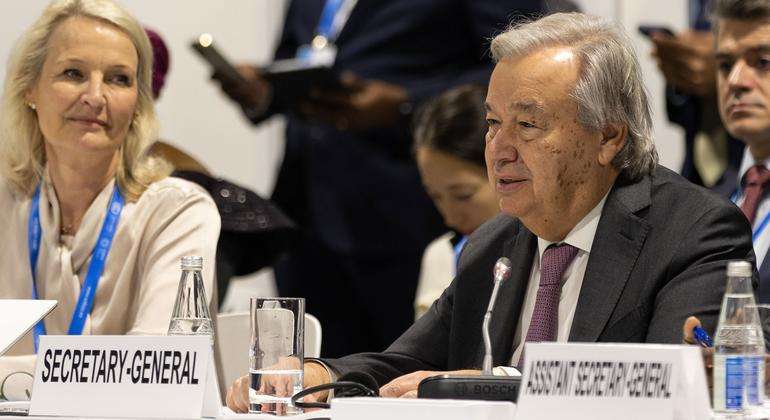
“We see a rush for resources, with communities exploited, rights trampled, and environments trashed,” he said, pointing out how developing countries often remain stuck at the bottom of value chains, while wealthier nations profit.
New Principles for Fair Growth
The bleak reality of historical exploitation has driven the Panel’s work to establish principles that prioritize justice. Its latest report outlines seven voluntary guidelines and five practical recommendations designed to integrate fairness and equity into the global mineral supply chain. Guterres elaborated, “These aim to empower communities, create accountability, and ensure that clean energy drives equitable and resilient growth.”
This includes efforts to ensure resource-rich developing countries derive maximum value from their assets.
The UN, in collaboration with member states and other stakeholders, is moving forward on the Panel’s proposal to create a High-Level Expert Advisory Group. This body would push for action on benefit sharing, fair trade, and economic enhancement.
Developing Nations Take Charge
Guterres stressed that developing nations will play a leading role in this transformative process, supported by local communities, indigenous groups, youth, industry, trade unions, and civil society, all contributing to policy-making alongside governments.
“We will also take forward the recommended global traceability, transparency, and accountability framework for the entire mineral value chain,” he stated. This system aims to promote responsible mineral production that upholds human rights and environmental standards.
The UN Secretary-General called on leaders across government, business, and civil society to collaborate, ensuring that developing countries benefit more equitably from their resources. “As demand for critical energy transition minerals surges, so must action. Together, let us turn the transition towards justice and equity,” Guterres concluded.
Shared Responsibility for Sustainable Progress
These discussions come at a critical juncture, as the push for renewable energy expands rapidly. While the potential economic benefits for resource-rich nations are substantial, achieving this without perpetuating historical inequities is a formidable task.
The UN’s call for collective responsibility aims to steer this unprecedented growth toward a future where all stakeholders, especially the most vulnerable, share in the gains.
The proposed measures seek to prevent a repeat of past exploitation by establishing transparent, just practices that support local communities and safeguard ecosystems. The stakes are high as countries gear up for the transition; whether this shift toward a green future will uphold principles of justice depends on international cooperation and commitment to ethical sourcing.
READ ALSO: Ablakwa Uncovers Scheme of Contaminated Rice Distributed to Schools





